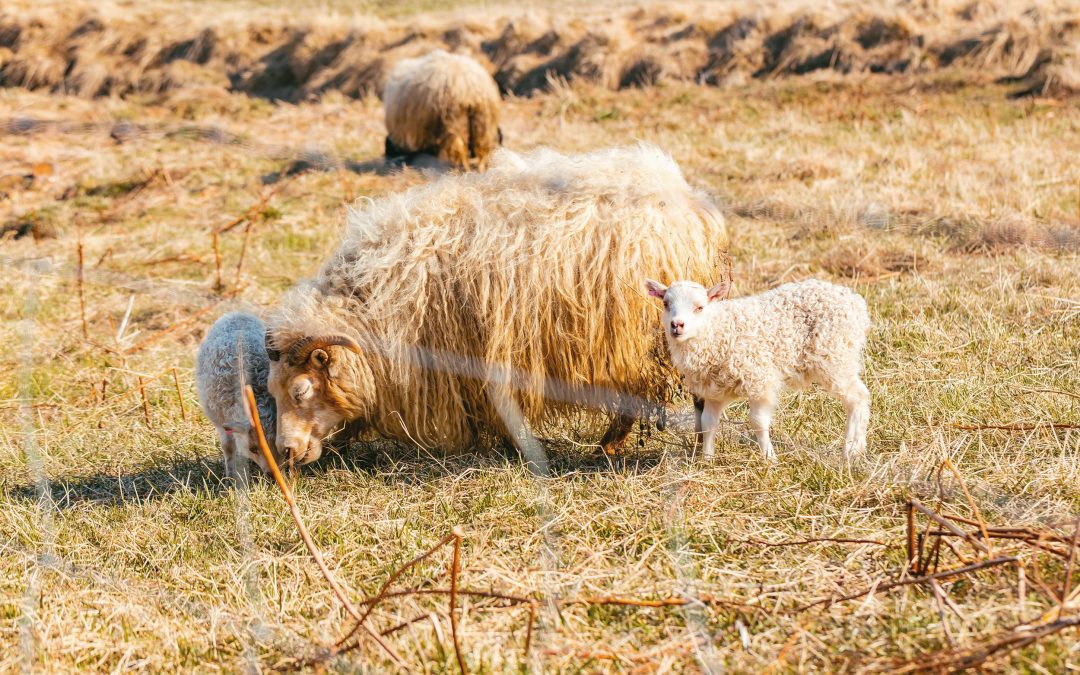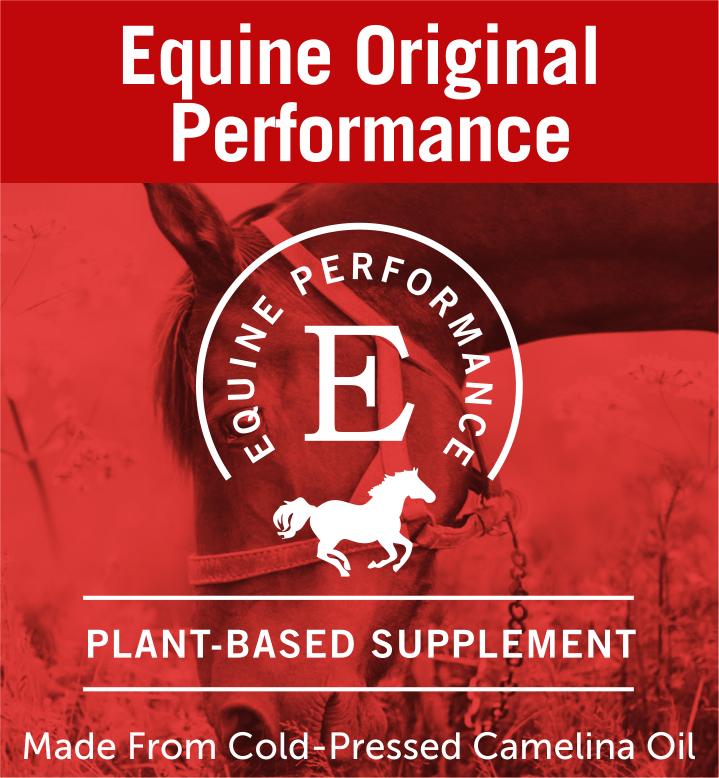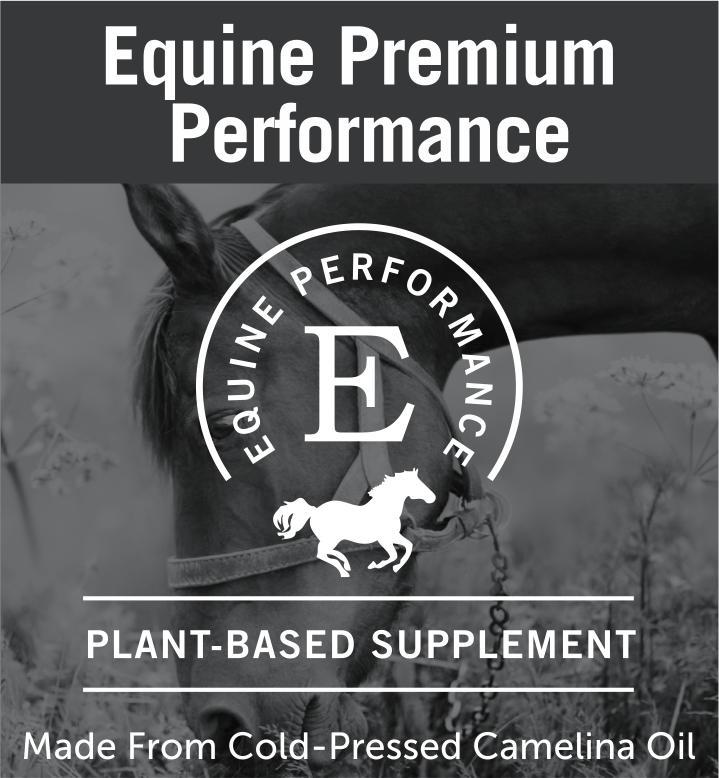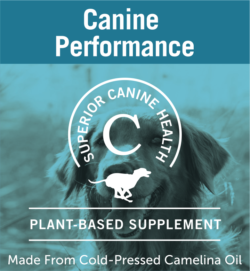Amid the myriad of supplements available in the market, we need a guideline to choose the right supplements for our dogs, horses, and other companions. Simply adding every nutrient in the diet does not help, because too much is just as bad as too little. Thus, let’s take a look at some checkpoints before making a decision.
Set a Nutrition Goal
In order to know what supplements to add, one should figure out what is lacking in the current diet. The goal could be balanced nutrition, performance enhancement, or recovery.
When the goal is set, you can now look into what the diet already contains and what it is lacking. For example, in horse feed and hay, there could be an excessive amount of carbohydrates which can be detrimental to health and performance. Depending on where the hay was grown, the number of minerals could also differ, and excess amounts of certain minerals can disturb the absorption of other minerals. Moreover, in some formulated grains and hay, protein content can be too high while fat content and probiotics/prebiotics are too low.
There can be abundant carbohydrates in commercial dog foods, but amino acids and Vitamin E can be absent or needed at higher levels than provided and protein levels can be very low as well.
After figuring out what is missing, you can consider changing the diet first before adding a supplement to see if a shift in diet alone can achieve the desired result. If you still find some nutritional imbalance despite adjusting the overall diet, you should look into what different supplements you might add.
Quality of Supplements/Company
Firstly, a tip to choose a good supplement is to look for the ones that have minimal processing. Finding wholesome ingredients is key, as some nutrients can be destroyed while being processed. The quality of many supplements for animals cannot be guaranteed as they are not FDA approved. Hence, it is important to look for the amounts of additives and where they come from.
It is also crucial to make sure that the supplements have sufficient ingredients, as some can have very low digestibility. When nutrients have low digestibility, they should be in a higher concentration to increase the overall odds of that nutrient being digested. For instance, joint health aids such as Glucosamine and Chondroitin should be added at high levels due to very low digestibility.
In addition, when the serving sizes are too big, it can be a sign that the supplement contains less pure ingredients or more additives. Large serving sizes can be overpowering for your animals and difficult to mix into the feed.
Lastly, you should check if any ingredients can incite allergic reactions. For instance, collagen or chondroitin are sourced from other animals which could incur allergies, as well as other ingredients such as whey.
Shop Wild Gold’s equine camelina oil as well as other products here.
Check with a veterinarian before use. These statements have not been evaluated by the Food & Drug Administration. This product is not intended to diagnose, treat, cure, or prevent any disease.




